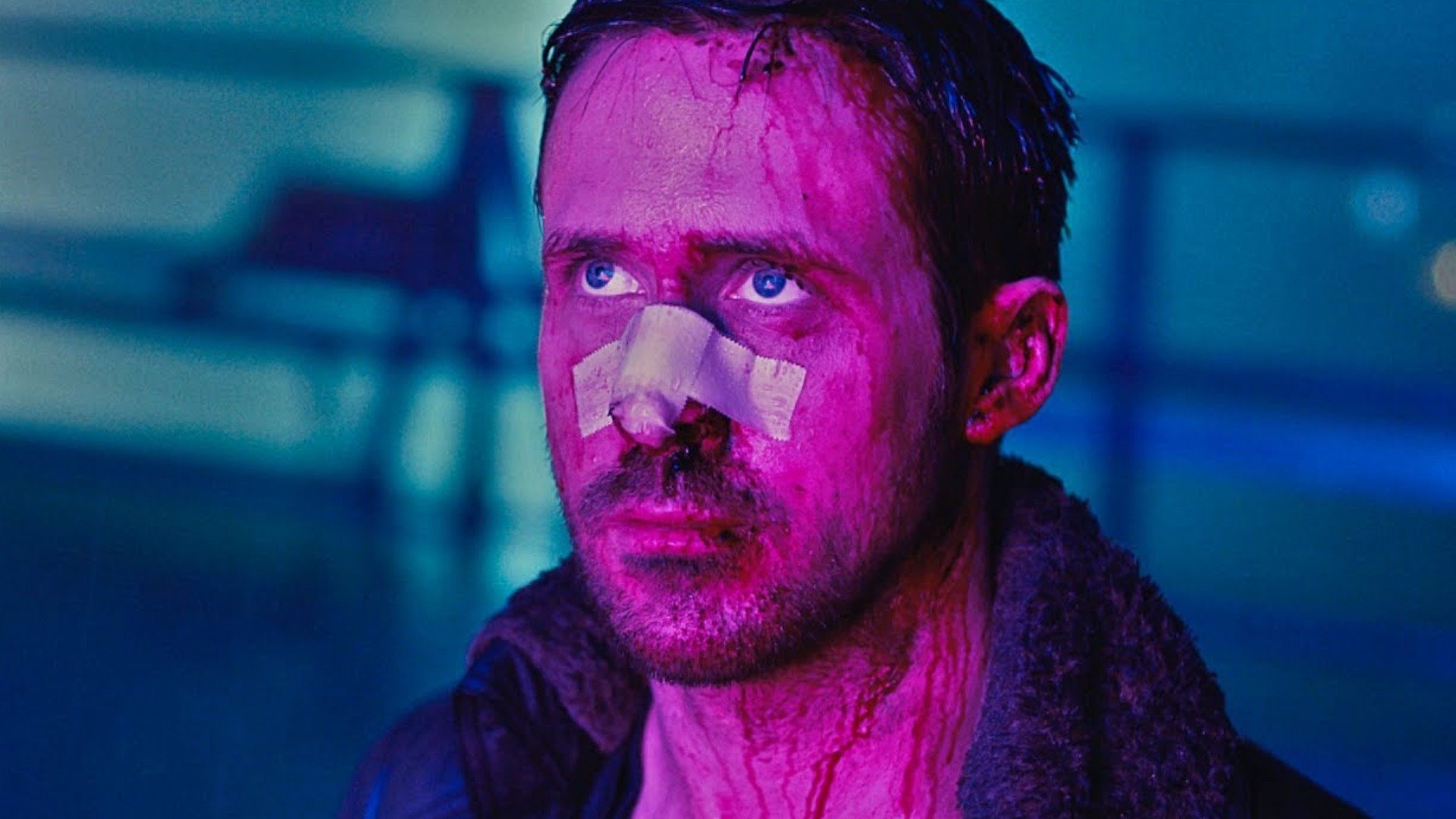ChatGPT Summary:
The article discusses the issue of falsehoods and hallucinations in artificial intelligence chatbots like ChatGPT. These chatbots are designed to generate text, but they often make things up inaccurately. This has become a concern for businesses, organizations, and students using AI systems for tasks with high-stakes consequences. Major developers of AI, including OpenAI and Anthropic, acknowledge the problem and are working to improve the accuracy of their models. However, some experts believe that the issue might be inherent in the technology and the proposed use cases.
The reliability of generative AI is crucial, as it is projected to contribute trillions to the global economy. For instance, Google is already pitching an AI news-writing product to news organizations, and other AI technology can generate images, videos, music, and computer code. The article mentions an example of using AI to invent recipes, where a single hallucinated ingredient could make a meal inedible.
Some experts believe that improvements in AI language models won’t be enough to eliminate the problem of hallucinations. The models are designed to make things up, and while they can be tuned to be more accurate, they will still have failure modes, often in obscure cases that are harder for humans to notice.
Despite the challenges, some companies see hallucinations as an added bonus, as it leads to creative ideas that humans might not have thought of themselves. Techno-optimists, like Bill Gates, believe that AI models can be taught to distinguish fact from fiction over time. However, even the CEO of OpenAI, Sam Altman, admits that he trusts the answers from ChatGPT the least and doesn’t rely on the model for accurate information.
it’s always good to fact check news stories anyway, so this might be more of a feature than a bug.



